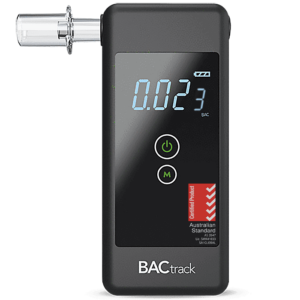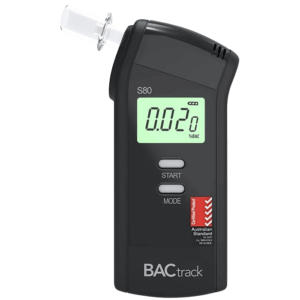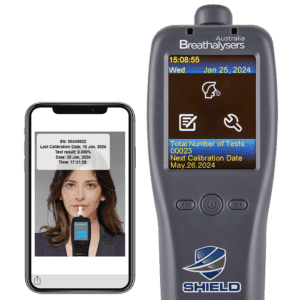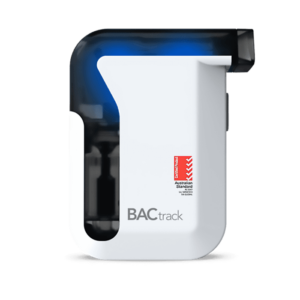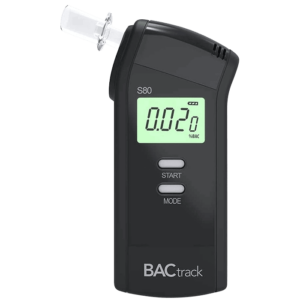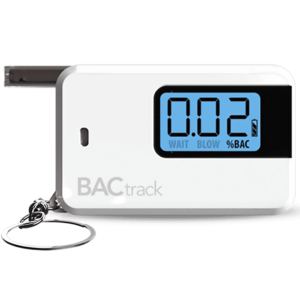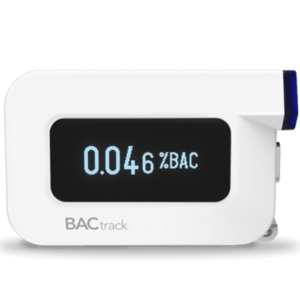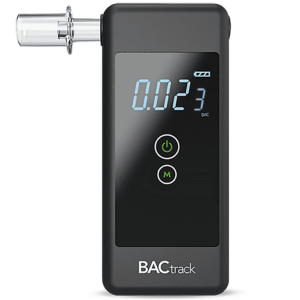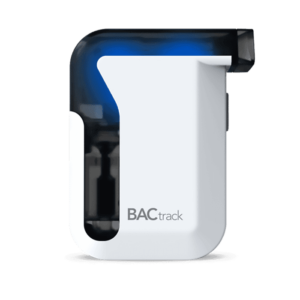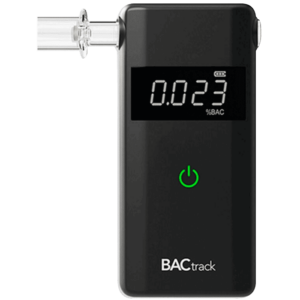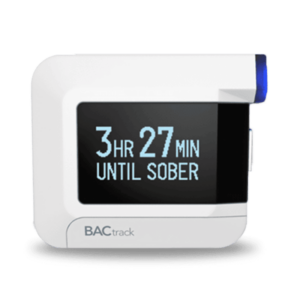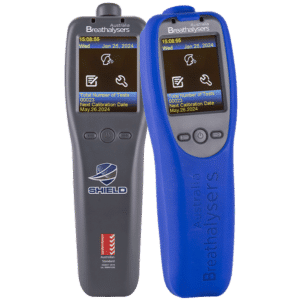Alcohol Urine Test for Work: Can Employers Conduct One?
29 June, 2023

Maintaining a productive workplace requires employees who are physically fit and mentally alert. However, one of the challenging problems that companies often encounter is the improper use of alcohol. To address this issue, companies implement an alcohol urine test for work as a preventive safety measure. Employers can conduct this test based on an established workplace policy. This policy defines the company’s health and safety goals and provides guidelines for managing occupational hazards.
Substances like alcohol can create pleasurable feelings when consumed in moderation, leading to relaxation and decreased inhibitions. However, consuming excessive amounts can result in significant impairment. Furthermore, individuals may develop a higher tolerance, leading to addiction. Consequently, it affects a person’s senses, judgement, and motor skills. These diminished abilities can prevent an employee from safely and effectively performing tasks. This article will cover conducting an alcohol urine test, policy implementation, and alternative methods.
When to Conduct Alcohol Urine Test for Work
Employers often require an alcohol urine test for work in certain situations. Firstly, they conduct pre-employment testing, especially for safety-critical roles, to ensure workplace safety. This test helps identify job applicants who may misuse substances that could harm their performance. Secondly, employers carry out random testing without prior notice, giving every employee an equal chance of being selected.
Thirdly, employers perform post-incident testing after an accident or incident to determine if alcohol played a role. It is crucial to conduct the test within a specific timeframe to obtain accurate results. This timeframe is determined based on the metabolism rate of alcohol in the body. Additionally, post-incident testing serves as a means for employers to demonstrate their commitment to maintaining a safe working environment.
Lastly, for-cause testing is done when a supervisor or manager reasonably suspects that an employee is impaired. Signs of intoxication, such as bloodshot eyes, alcohol smell, and poor coordination, may prompt the need for a for-cause test. To avoid legal issues, companies must follow strict guidelines when administering this test.
Benefits
- Enhances workplace safety by reducing risks of alcohol impairment.
- Prevents accidents and injuries. Thus, it promotes employee well-being and productivity.
- Lowers absenteeism and turnover. Hence, it improves overall workplace stability.
- Saves healthcare costs, reducing the financial burden for the company.
- Reduces conflicts, aggression, and violence among employees.
- Boosts employee morale, integrity, and overall job satisfaction.
- Encourages responsibility and accountability among employees.
- Identifies addiction issues, offers rehabilitation support, and facilitates recovery.
- Ensures legal compliance, minimising disputes and legal complications.
- Helps in hiring candidates with safe habits and behaviours, ensuring a reliable workforce.
- Creates a healthier and risk-free work environment for the benefit of all.
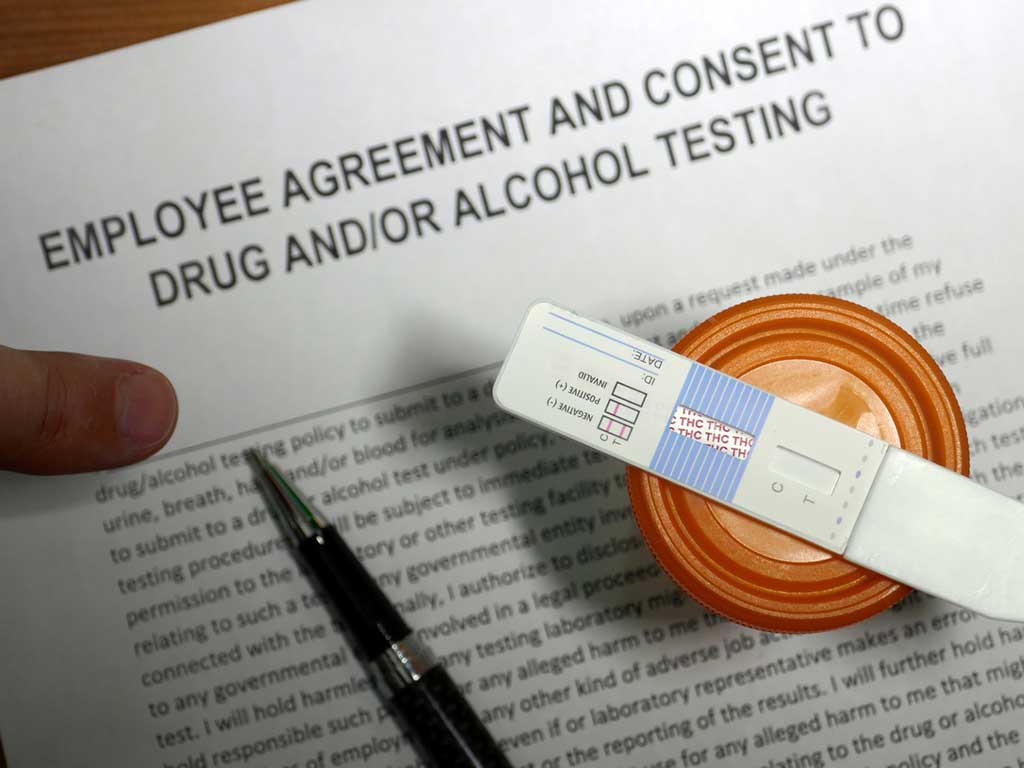
Alcohol Urine Test for Work: Policy
The primary goal of most companies is to ensure a safe and secure environment for their employees, which involves minimising potential safety risks. One way to achieve this is by implementing an alcohol urine test for work. To do so, employers must establish a comprehensive policy that permits drug and alcohol testing in the workplace.
A complete policy for workplace alcohol testing covers various things. These include a list of prohibited substances, testing methods, standard safety procedures and consequences of positive test results. Moreover, a well-crafted drug and alcohol test policy discourages the use of substances and promotes the safety of all employees. By adopting such a policy, companies can proactively address potential alcohol-related concerns.
Furthermore, administrators and employees must obtain written consent from all employees before conducting a test. This active step ensures that employees agree to participate and comply with the rules and regulations. Hence, it promotes transparency and accountability throughout the testing procedure. Moreover, employees can make informed decisions about their involvement, fostering a sense of trust and mutual respect.
What to Expect After Positive Result
Companies must have clear procedures for positive test results. If it happens, the employee can ask for another test to make sure the initial result is correct. The final result can be determined by conducting additional tests, such as analysing a blood sample. This method is approved by a Medical Review Officer (MRO).
If the final test shows a positive result, the employee might face consequences based on the company’s policy. For instance, some workplaces suspend employees for a specific period. In severe situations, they may get dismissed. However, employers can provide rehabilitation to affected workers through the Employee Assistance Program.
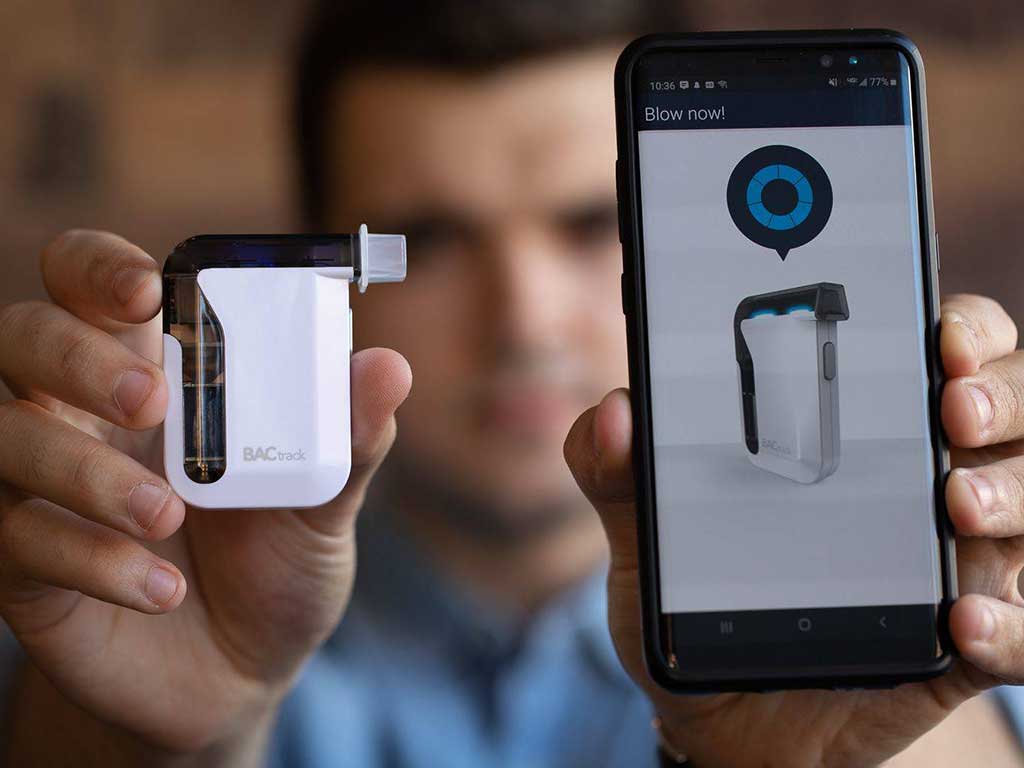
Alcohol Urine Test for Work: Alternative Methods
Companies that conduct an alcohol urine test for work may also consider using a blood test as a confirmatory method. However, this method is invasive and involves drawing blood samples. An excellent alternative to blood and urine tests is the alcohol breath test. Using a breathalyser, such as those from Breathalysers New Zealand, is a convenient way to measure alcohol use efficiently.
Using a breath test has several advantages. Firstly, it provides quick results compared to other screening methods. Devices like BACtrack can measure Blood Alcohol Concentration (BAC) levels in just 10 to 15 seconds. Secondly, a breath test is highly accurate due to the improved sensor performance in modern breathalysers. Workplace breathalysers, such as SHIELD Express, use fuel cell sensors that offer high precision and validity, similar to the technology used by police enforcement.
Thirdly, a breath test is easy to use and does not require professional or laboratory analysis. By following the instructions for a breathalyser, anyone can obtain accurate readings. Additionally, individuals can get BACtrack professional-grade devices for personal use. Lastly, breath tests are cost-effective. Investing in a professional breathalyser is practical and valuable for businesses.
Remote Workplace Testing
Many businesses oversee their employees’ monitoring through assigned healthcare professionals. Alternatively, they can remotely track treatment progress using smartphone breathalysers like the BACtrack Mobile Gen2. Breathalysers New Zealand provides remote alcohol monitoring through the BACtrack View, a program based on an app that allows monitoring recovery.
The BACtrack View is a valuable tool for companies and employees to restore accountability. The app sends the BAC readings to the designated Monitor for immediate viewing. The Monitor can be a family member, a healthcare professional, or an employer. Furthermore, the app can set timely reminders for when a breath test is due.
Conclusion
Employers can conduct an alcohol urine test for work based on an established workplace policy. They use it to find out if someone might be a risk because of alcohol misuse. In addition, employers employ different kinds of testing. These include pre-employment, random, post-incident, and for-cause testing. Moreover, companies make a clear policy that says what substances are not allowed, how the testing works and safety rules.
Implementing a breath test as an alternative to an alcohol urine test in the workplace offers numerous advantages. Breathalysers from Breathalysers New Zealand utilise fuel cell technology to provide quick and accurate results. Also, they are easy to use without professional assistance and are cost-effective for businesses. Furthermore, remote workplace testing through smartphone breathalysers enables convenient and accountable monitoring of alcohol levels. Moreover, BACtrack devices adhere to regulatory standards to ensure they are effective and accurate for alcohol breath testing.


















